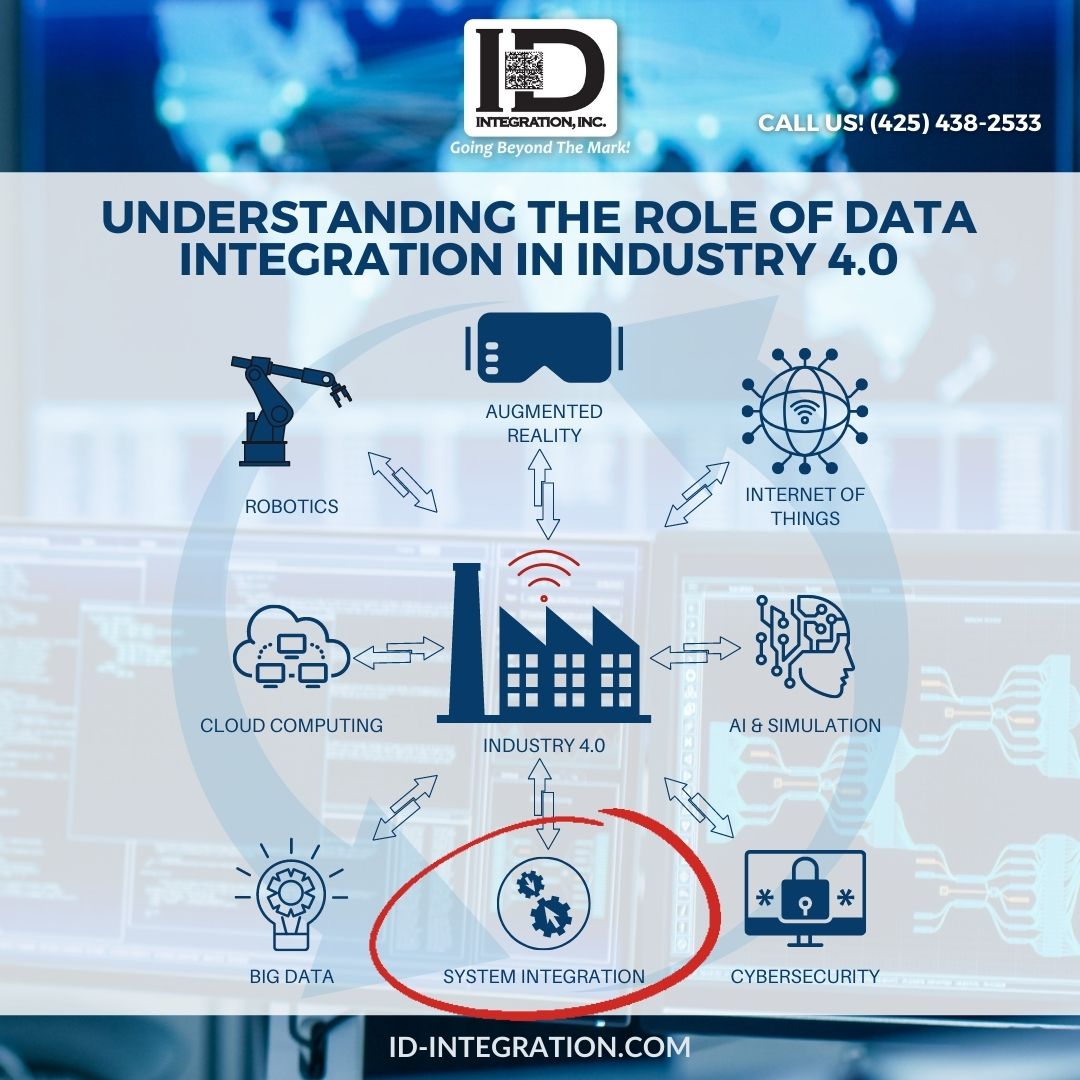Manufacturing automation has experienced a substantial shift from isolated projects to those more broadly focused on informational digital transformation. The true advantage of system integrators is their ability to assess manufacturing and asset tracking challenges across a range of technologies to recommend, integrate with existing solutions, and execute a transformative solution that meets and exceeds baseline goals. Now, the emphasis is focused on stepping your business up to modern data collection and analysis while also making these data smarter and gaining intelligent, actionable insight. This combined approach not only solves the smaller challenges of tracking assets or production but also serves to propel a business to achieving transformational future goals.
To get there, system integrators must coordinate all the behind-the-scenes connections with varied software packages and systems, including deprecated legacy software, throughout their integration. For modern system integrators, data integration management has grown into a huge part of today’s service offering. Experienced system integrators have the expertise to evaluate and integrate these components together for a solution that adds value in the short term yet enables a pathway to Industry 4.0 standards for continuous long-haul improvement.
The time to digitize is now. But how do you fit it in so that it works with your present processes?
Think about the broad range of tags, readers, software, and the underlying data integration required to make everything work in harmony for smart manufacturing. Does your in-house tech team have the time and knowledge to vet out proven systems that are now available? Do they have the experience to understand which technologies will work seamlessly and write the code or scripts needed to make all existing systems and software communicate and work together?
Most of this data integration takes a phased approach for success – particularly in plants where deprecated software exists. Our experienced system integrators have the expertise to evaluate and integrate these components. The end result is a solution that adds value in the short term to enable a pathway to Industry 4.0 standards using the Internet of Things (IoT), artificial intelligence (AI), enhanced cybersecurity, and further exciting, emerging technologies for a transformative, smart manufacturing revolution under your roof.
Are you still on the fence about joining the digital transformation revolution? What can modern system integration do for your company?
• Save costs—Manage all your data in one cohesive manner, instead of analyzing disparate data, or worse, wasting time, labor, and accuracy inputting data by hand
• Get a handle on security—Modern data collection technologies meet compliance regulations, prevent unauthorized access, and protects against system failures or hacking
• Experience real-time visibility—Make informed decisions by tracking assets and work in process (WIP) from start to finish, without waiting for reports that are out-of-date by the time they arrive on your desk
• Simplify your processes—Make real-time updates from any digital device, instead of pondering where and how to apply changes that may or may not result in success
• Control efficiency—Reach the pinnacle of smart manufacturing by creating a more productive environment for automated data collection and precise analysis. Finally place your valued employees on meaningful tasks.
Enter the realm of smart manufacturing to take advantage of emerging digital transformation technologies:

• Simulation and AI—Used in research, development, and predictive analytics; software can suggest inventory/supply thresholds based on literal usage data and automatically order from approved suppliers to streamline supply management with less manual labor involvement.
• Augmented reality (AR)—Overlay computer-generated virtual objects into real-world environments to assist in conveying instructions for complex assembly processes
• Robotics—Machines go beyond assembly and inspection. They can optimize warehouse operations by stocking shelves, recording inventory levels, and pick orders. On the factory floor, they can work in tandem alongside employees to speed up productivity and provide safety by monitoring conveyor belts and machinery to prevent breakdowns and hazards
• 3D Printing—Combining robotics and 3D printing enables printing at different angles and reduces material waste as material is deposited only where needed.
Here at ID Integration, we’re on top of the newest system integration technologies and invest the time and energy to vet out the optimal smart manufacturing solutions for your budget. Learn more about our professional consultation services and contact us to harness the power of digital transformation to meet your company’s needs: (425) 438-2533.
